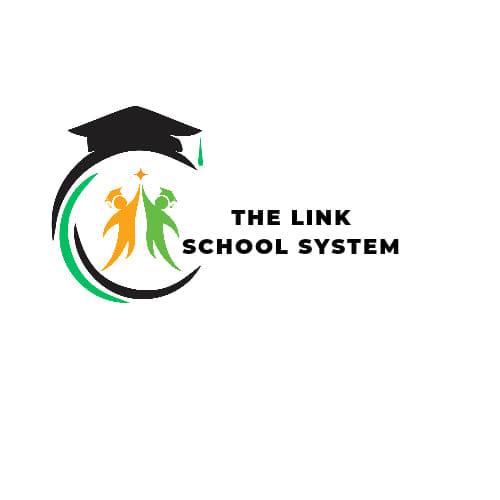
Training Program Overview for The Link School System
Objective:
To provide The Link School System educators with essential skills and innovative strategies that enhance teaching effectiveness and student engagement in a supportive learning environment.
1. Classroom Management:
- Focus: Creating an organized and conducive learning environment.
- Activities: Implement strategies for maintaining discipline, using positive reinforcement, and enhancing student-teacher communication.
2. Student Motivation:
- Focus: Boosting student engagement and encouraging a love for learning.
- Activities: Set clear learning goals, use gamification techniques, and provide personalized feedback to motivate students.
3. Teaching Methods:
- Focus: Diversifying instructional approaches to cater to different learning styles.
- Activities: Employ a variety of teaching methods such as interactive lectures, hands-on activities, and group discussions.
4. Special Needs Education (Including ASD and ADHD):
- Focus: Adapting teaching methods to meet the needs of students with Autism Spectrum Disorder and Attention Deficit Hyperactivity Disorder.
- Activities: Use specialized educational tools and strategies like sensory integration and tailored lesson plans to support individual learning needs.
5. Collaboration and Team Building:
- Focus: Strengthening teamwork among teachers to enhance the educational environment.
- Activities: Organize team-building exercises and collaborative teaching sessions to foster a supportive community among staff.
6. Group Dynamics and Multiculturality:
- Focus: Managing dynamic and diverse student groups effectively.
- Activities: Conduct workshops on cultural sensitivity and inclusion, and train teachers on managing varied group dynamics within the classroom.
7. Flipped Classroom and Game-Based Learning:
- Focus: Integrating innovative learning models and game-based elements into teaching.
- Activities: Develop and implement flipped classroom models where students engage with lecture content at home and participate in interactive activities in class.
8. Diversity, Equity, and Inclusion (DEI):
- Focus: Ensuring an equitable learning environment for all students.
- Activities: Deliver training on DEI principles, audit existing curriculum for inclusivity, and engage in community dialogues to better understand diverse backgrounds.
9. Social Emotional Learning:
- Focus: Integrating emotional and social growth into the educational process.
- Activities: Teach and model emotional intelligence skills, incorporate social skills activities into the curriculum, and practice mindfulness techniques with students.
10. Personalized Learning Approach:
- Focus: Tailoring educational experiences to individual student needs.
- Activities: Develop personalized learning plans, utilize adaptive learning technology, and conduct regular one-on-one sessions with students.
11. Assessment and Evaluation:
- Focus: Using assessments to improve teaching and learning outcomes.
- Activities: Train on different assessment methods, implement formative assessments to guide instruction, and use data to inform teaching practices.
12. Curriculum Development:
- Focus: Designing and refining curriculum to meet educational standards and student needs.
- Activities: Participate in curriculum review sessions, integrate cross-disciplinary themes, and align content with national excellence standards.
13. Leadership and Management:
- Focus: Cultivating leadership qualities within teaching staff.
- Activities: Leadership training workshops, role-playing in decision-making scenarios, and strategic planning exercises.
14. Outdoor and Project-Based Learning:
- Focus: Enhancing experiential learning through outdoor activities and projects.
- Activities: Organize outdoor learning experiences, guide students in long-term projects that impact the community, and encourage real-world problem solving.
15. Enhancing the Learning Environment:
- Focus: Creating a positive and stimulating atmosphere in the school.
- Activities: Redesign classroom spaces to be more engaging, integrate technology effectively, and promote a positive school culture.
16. Professional and Community Engagement:
- Focus: Encouraging professional growth and community interaction.
- Activities: Facilitate study visits to other educational institutions, attend professional development conferences, and engage in local community service projects.
Implementation:
The training modules will be delivered through interactive workshops, seminars, and practical application sessions. Each module includes hands-on activities and collaborative discussions to ensure that educators can apply new skills directly to their teaching. Feedback and follow-up sessions will help refine skills and address ongoing challenges.
This structured approach in The Link School System ensures that educators are well-prepared to meet the complexities of modern education, fostering an environment of continuous improvement and student success.
